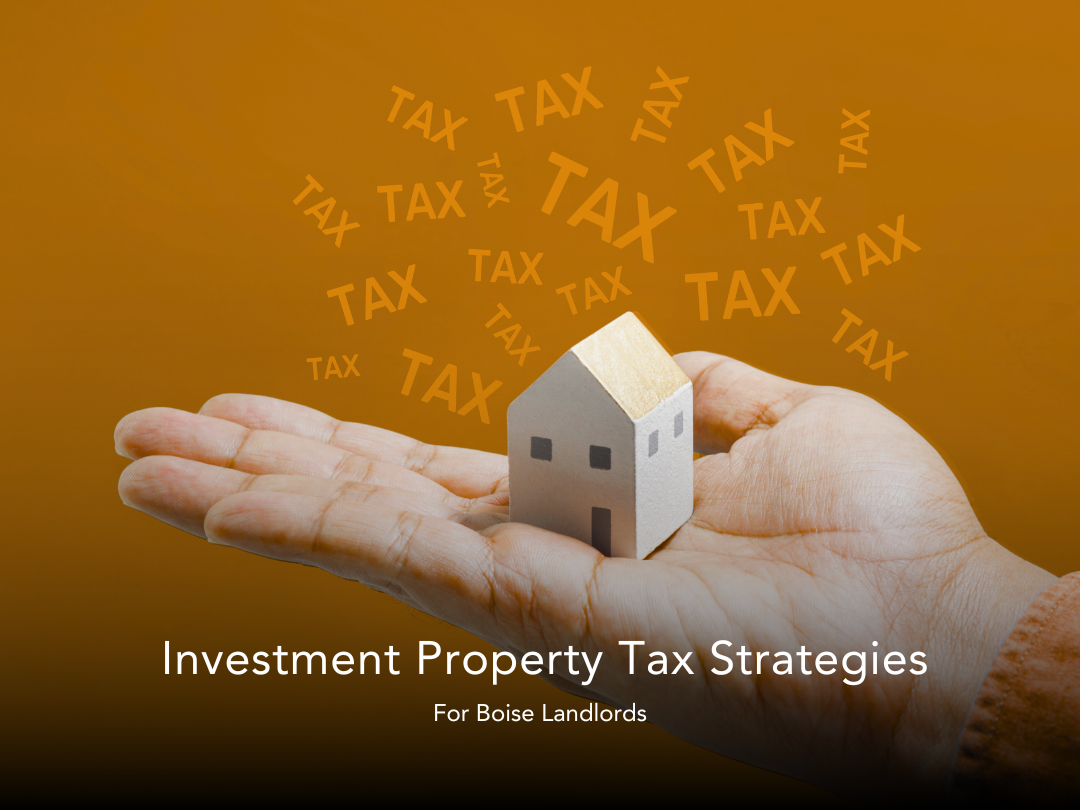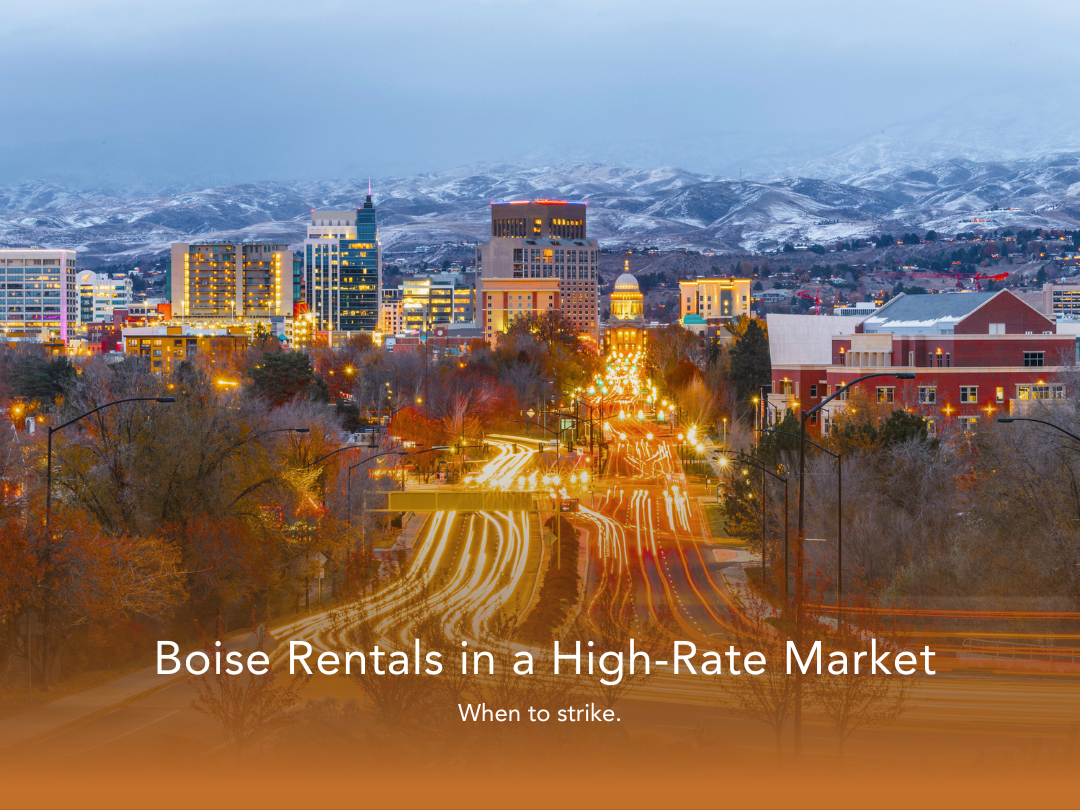Investing in a rental property is a strategic move that requires careful consideration. Unlike selecting a primary residence, choosing the right investment property involves a set of unique factors that directly impact your return on investment (ROI).
To ensure success in building your real estate portfolio, it's important to ask the right questions. Here's a guide to the key questions you should be asking as you embark on your journey to find the ideal rental property.
Are You Drawn to the Location?
The first and fundamental question to ask is whether you are drawn to the location. A prime rental property should be situated in an area that people desire to live in. Consider factors such as curb appeal, proximity to parks and businesses, and overall neighborhood attractiveness. A location you wouldn't mind residing in yourself is likely to keep rent rates stable and units consistently occupied.
What Does the Property Have to Offer?
Beyond location, find out what the property itself has to offer. Each property has unique features that can set it apart from others on the market. This might include amenities like a hot tub, ample storage space, or a spacious kitchen.
Consider any features that add value to the property, such as fencing, washer and dryer hookups, and other amenities that appeal to potential renters.
What is the Neighborhood Like?
The value of a property is significantly influenced by the surrounding neighborhood. Research the area's crime rates and school quality, as these factors play a major role in attracting consistent renters.
While higher crime rates may deter potential tenants, it's essential to present accurate information to avoid neighborhoods getting an undeserved bad reputation. A location with low crime rates and good schools is likely to appeal to renters consistently.
Are There Any Problematic HOA Restrictions?
Homeowner's Association (HOA) guidelines can impact the potential of your rental property, and it's essential to investigate them early in the process. Some HOAs have stringent approval processes, including interviews, which can be off-putting to renters and may even come across as discriminatory.
Avoid potential issues by examining HOA restrictions before investing in a property within an HOA-governed neighborhood.
Can You Expect a Good Rate of Turnover in the Local Area?
Consider the turnover rate in the local area to determine the consistency of the rental market. Higher turnover rates can indicate a desirable market for rentals, especially in locations where temporary circumstances make renting more attractive than buying.
Investigate turnover rates, particularly in areas with colleges, military bases, or urban growth, as they often offer fluid markets and consistent appeal for landlords.
Selecting a rental property is a meticulous process that demands attention to detail. By asking the right questions—from location appeal to neighborhood turnover rates—you can paint a clearer picture of the market and predict its performance. Armed with this information, you can maximize your success as a rental property owner.
For more insights on real estate investment and property management, contact 208.properties or find us on social media. Your journey to a successful real estate investment starts with informed decision-making.













